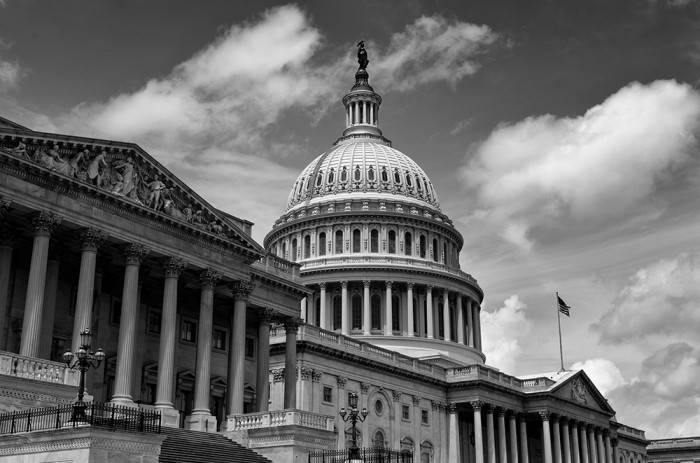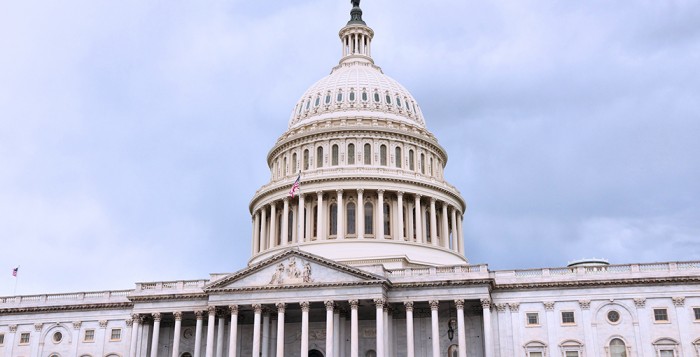Under new federal rules, to keep or become eligible for SNAP benefits, some recipients will have to meet work requirements that include working, volunteering, or participating in an education or training program for at least 20 hours a week (or 80 hours each month) AND report that they are meeting these work requirements.
To help SNAP recipients and applicants find out if they need to meet this requirement, the Pennsylvania Department of Human Services (PA DHS) has launched a new online screening tool.
By answering a simple set of yes or no questions, SNAP applicants and recipients can find out if they need to meet the work requirements, if they are already meeting the work requirements, or if they are eligible for an exemption.
The screening tool is not a final determination of whether someone is meeting the work requirements or is eligible for an exemption, but it can help recipients and applicants have a more informed conversation with their caseworker.
The new work requirements will apply to Pennsylvanians who:
- Are between 18-64 years old;
- Do not have a dependent child under 14 years old; and
- Are considered physically and mentally able to work.
In addition, being a veteran or a current or former foster youth age 18–24 will no longer be an exemption.
Some people may still be exempt from work and reporting requirements if they meet a different exemption. You can learn more about these work reporting requirements, who they affect, and more about exemptions at DHS’s website.
State Budget Investments Help Fight Food Insecurity
Pennsylvania’s charitable food network and our agricultural community are vital to keeping our neighbors and communities fed. Governor Shapiro’s 2025/26 budget delivers major investments to combat hunger, strengthen the charitable food network, and support Pennsylvania farmers. The budget includes a historic $11 million increase for food security, including:
- $3 million for the State Food Purchase Program and $1 million for the Pennsylvania Agricultural Surplus System (PASS);
- $2 million for a new state Food Bucks program to supplement SNAP; and
- $5 million in new funding to Pennsylvania food banks.
Help Us Spread the Word
PA DHS has developed a communications toolkit to help Pennsylvanians understand the changes happening to SNAP.
We ask RCPA members, advocates, and stakeholders to view and share the toolkit, which includes sample text, social media posts, and more.

















